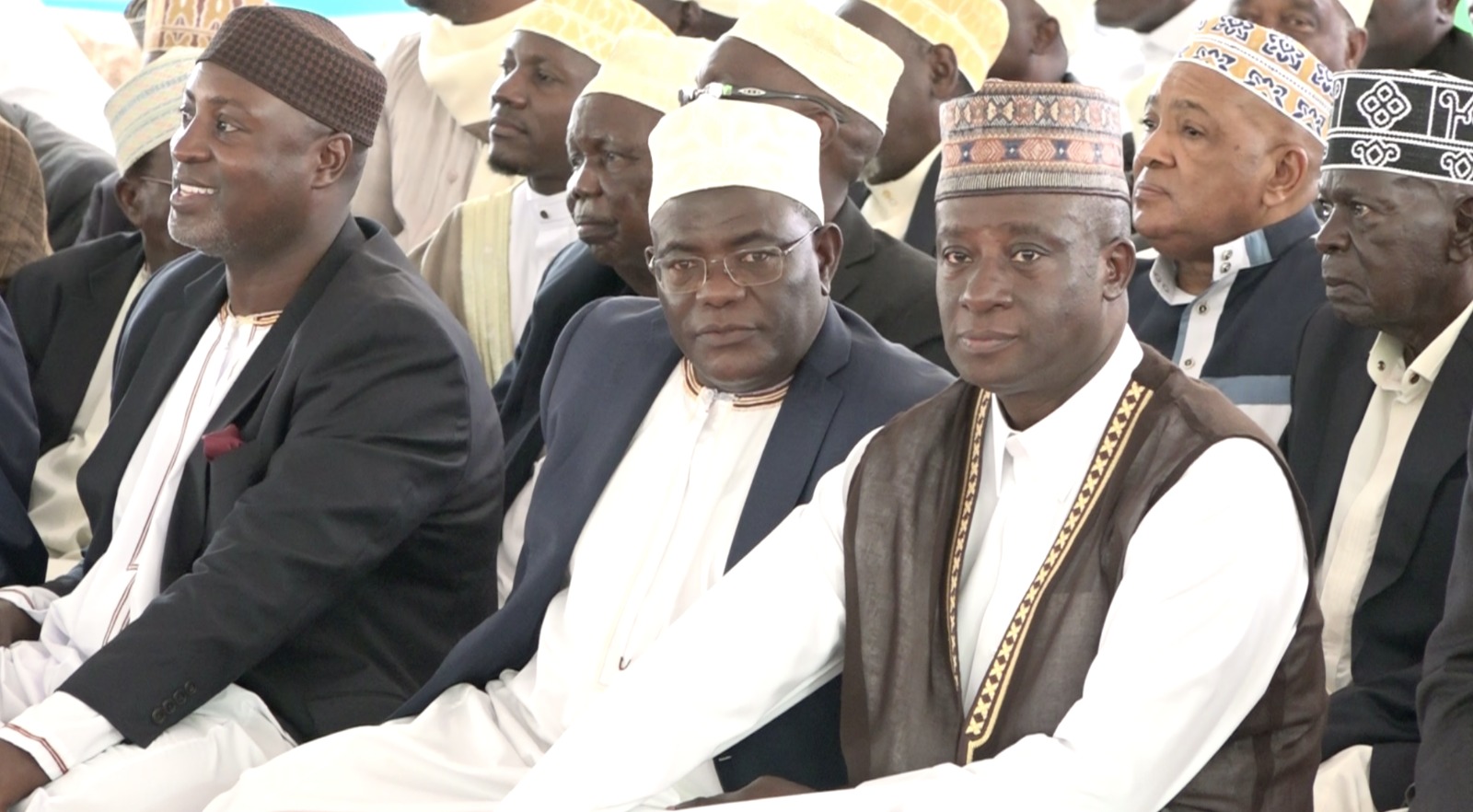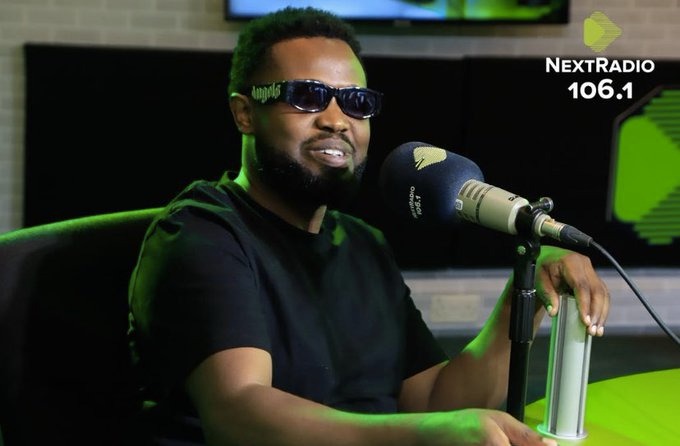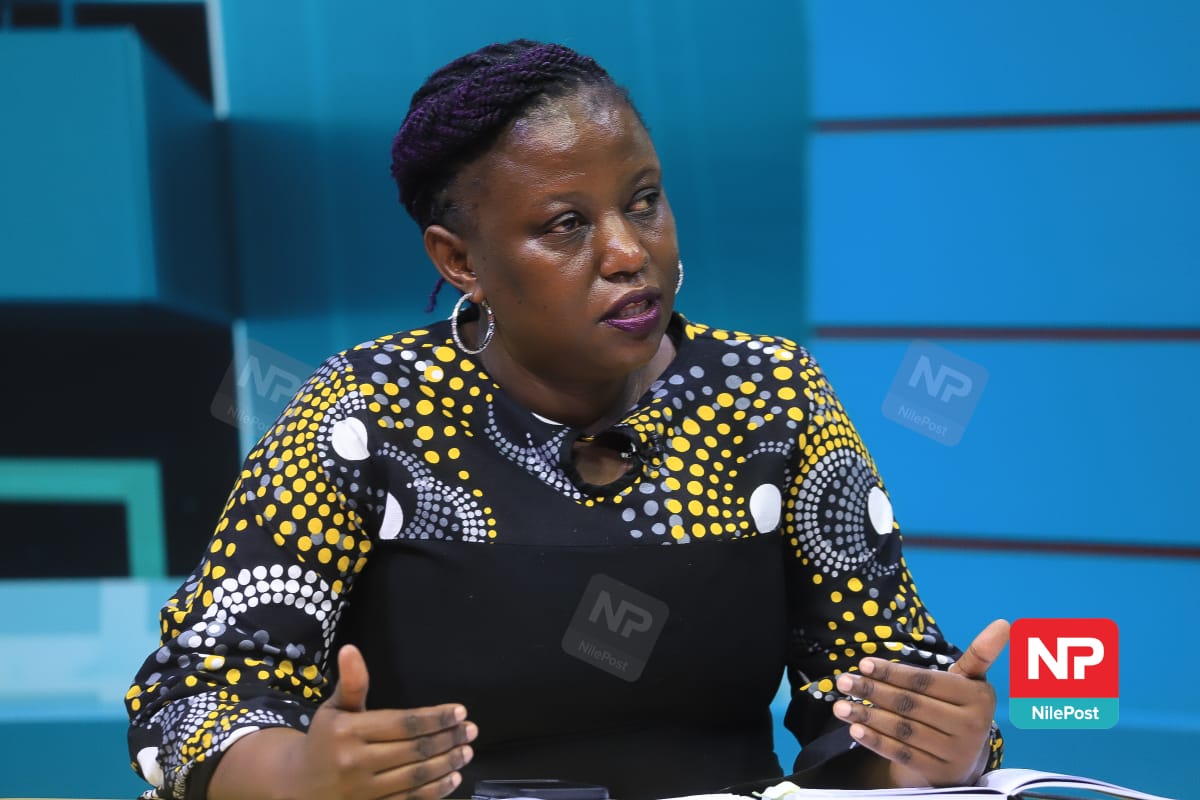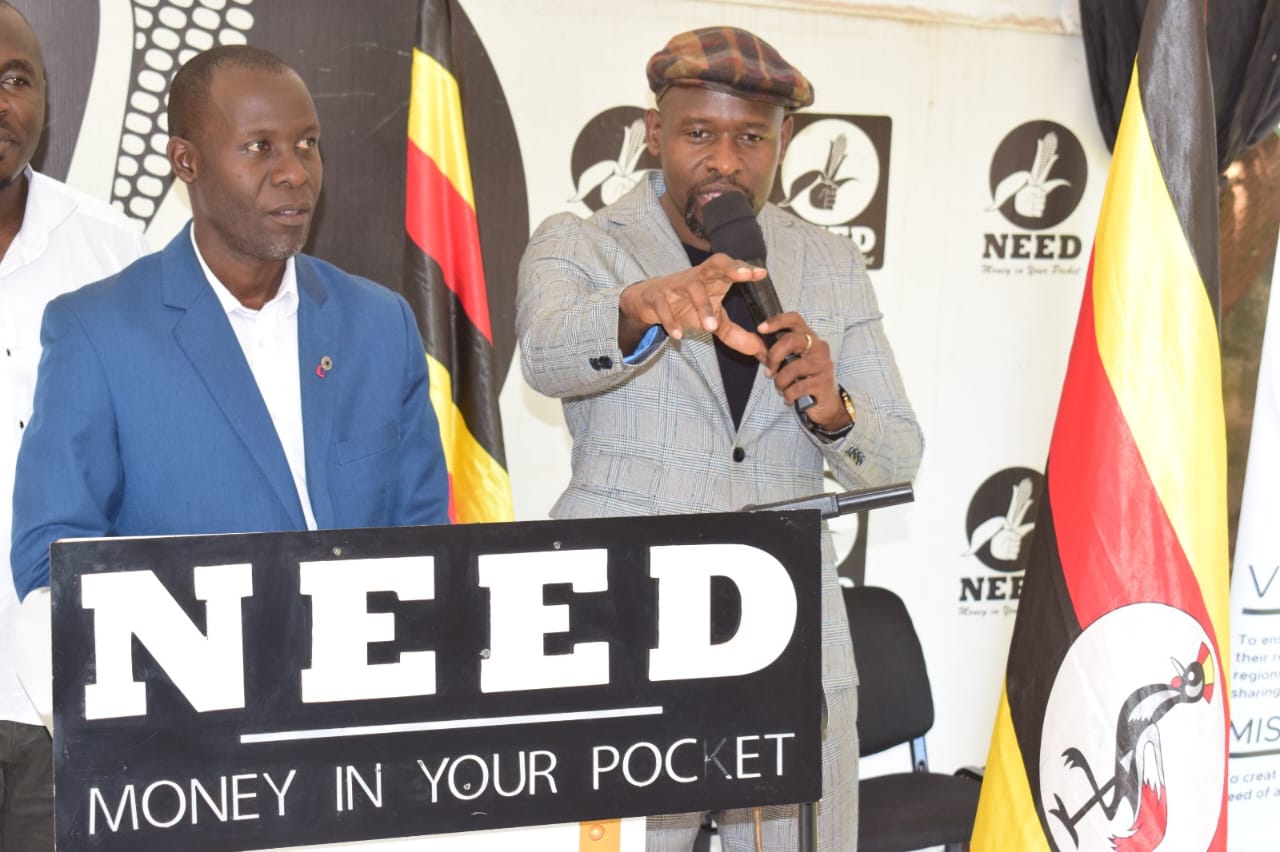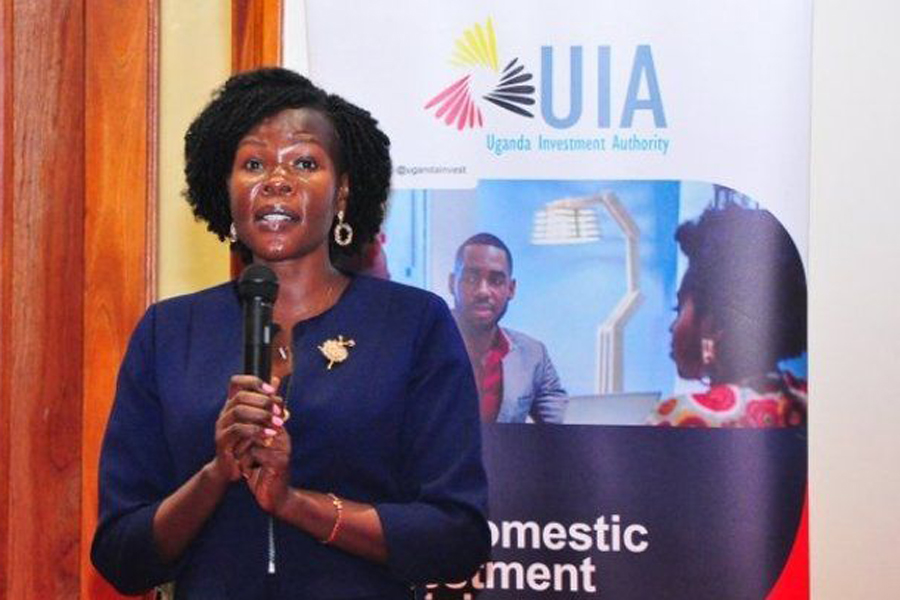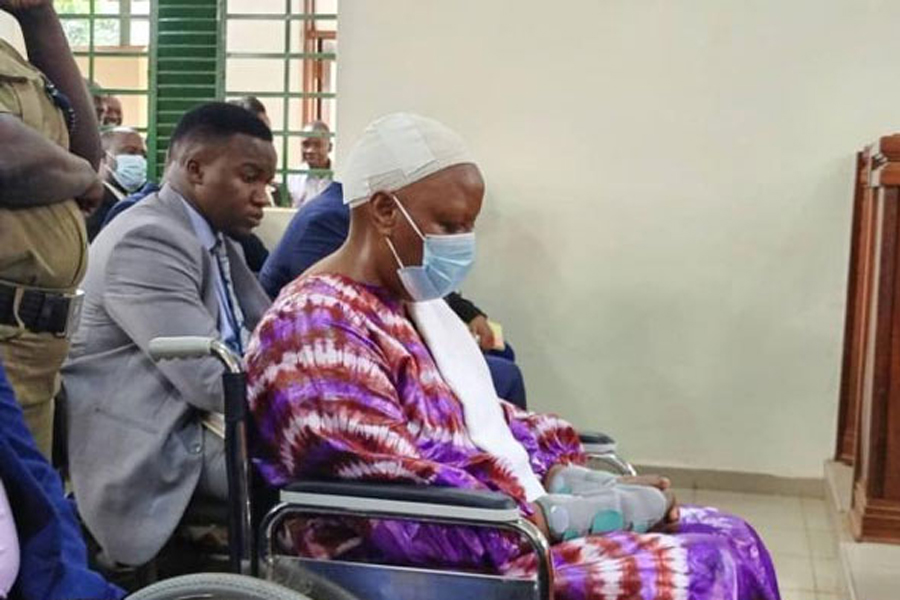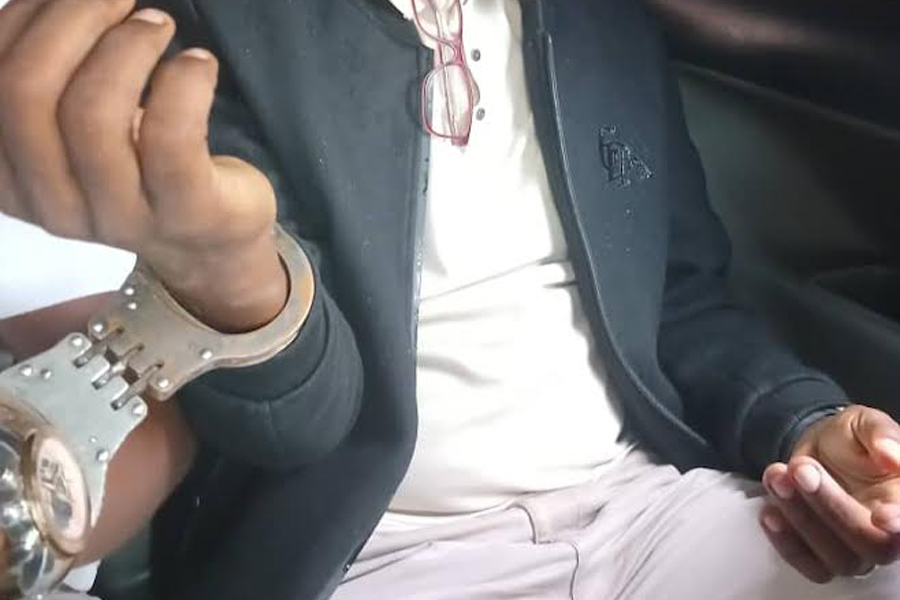Challenges faced by the hearing impaired in accessing services

The Ugandan government has taken some steps towards inclusivity, such as incorporating sign language into public broadcasts and creating legal frameworks to support the rights of people with disabilities. However, more robust implementation and enforcement of these policies are needed.
Despite significant strides in advocating for the rights of people with disabilities, individuals with hearing impairments in Uganda continue to face formidable challenges when accessing essential services. From government offices to police stations, and even prisons, these citizens often encounter a myriad of obstacles that hinder their ability to receive adequate support and fair treatment.
Navigating public offices can be an arduous task for the hearing impaired. The lack of sign language interpreters in most public service departments means that individuals often struggle to communicate their needs or understand the information being provided. Simple tasks, such as applying for an identity card, accessing social services, or filing tax returns, become lengthy and frustrating processes.
Keep Reading
The situation is equally dire within the police and legal services. When individuals with hearing impairments seek assistance from the police, whether to report a crime or seek protection, they are often met with confusion and a lack of empathy. The absence of trained personnel who can communicate using sign language can lead to misinterpretations, incomplete reports, and a general sense of helplessness among the victims.
Moreover, in legal proceedings, the stakes are even higher. Without qualified interpreters, the hearing impaired may not fully comprehend the charges against them, their rights, or the legal processes they are involved in. This often results in unfair treatment and miscarriages of justice. The right to a fair trial is compromised when defendants cannot effectively communicate with their legal representatives or the court.
In prisons, hearing-impaired inmates face isolation and neglect. Communication barriers prevent them from participating in rehabilitation programs, educational opportunities, and social interactions with fellow inmates and staff. This isolation exacerbates their vulnerability and can lead to mental health issues.
A recent report by the Uganda Prison Service highlighted the dire need for more inclusive communication methods and better training for prison staff to address the needs of hearing-impaired inmates. Currently, the lack of such provisions means that these inmates are often left out of critical information sharing, including emergency protocols and legal rights briefings.
Accessing healthcare is another significant challenge. Many medical facilities do not have staff trained in sign language, making it difficult for hearing-impaired individuals to convey their symptoms, understand diagnoses, or follow treatment plans. Miscommunications in healthcare can have severe consequences, including misdiagnosis and inappropriate treatments.
While these challenges are pervasive, there are ongoing efforts to improve accessibility for the hearing impaired. Advocacy groups and NGOs are working tirelessly to raise awareness and push for policy changes that mandate the inclusion of sign language interpreters in public services. Training programs for government employees, police officers, healthcare workers, and prison staff are also being advocated to bridge the communication gap.
The Ugandan government has taken some steps towards inclusivity, such as incorporating sign language into public broadcasts and creating legal frameworks to support the rights of people with disabilities. However, more robust implementation and enforcement of these policies are needed.
For Uganda to truly embrace inclusivity, it must address the systemic barriers that prevent hearing-impaired individuals from accessing essential services. Through concerted efforts from the government, civil society, and the community at large, there is hope for a future where everyone, regardless of their hearing ability, can access services with dignity and respect.



